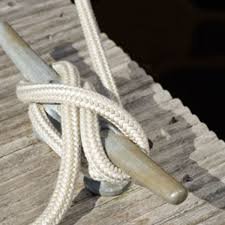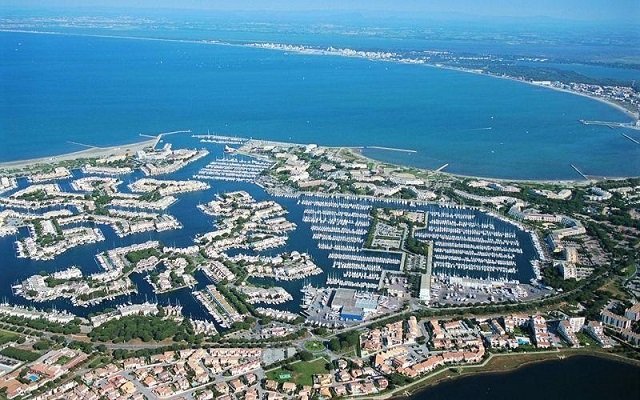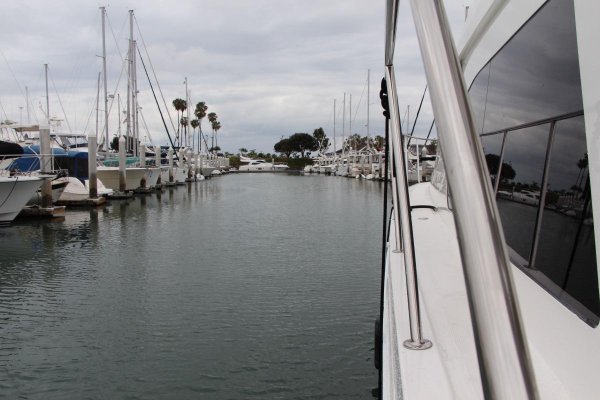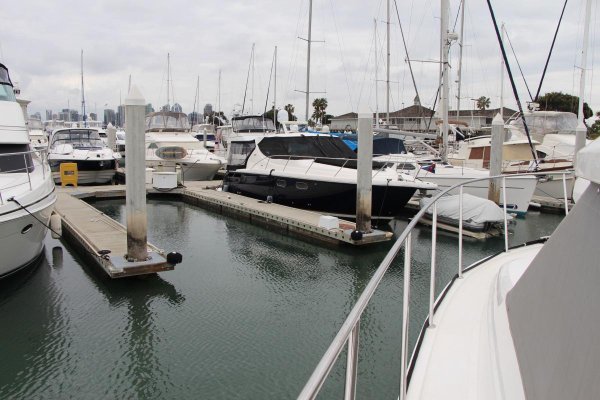I've been meeting with & providing boater inputs to the "owners" & Mgmt of our newly rebuilt marina. This is their first full year of operation following a partial season last year.
They are really striving to make this marina a stand-out in our area and want to do things that make a positive statement for boaters.
In addition to a first class total rebuild of the marina they have completed construction of a new Ships Store, (card access) boaters rest rooms / showers and laundry facilities.
They are finishing up work on rental cabins and seasonal / long term RV sites. Next chapter includes a "multi-purpose" Bistro type facility with food, drinks and entertainment.
They have 2 returning and 3 new dock hands and I volunteered to pull together and deliver a workshop to help train them, from a boaters perspective.
I have my inputs and suggestion but thought I'd tap the vast experience of TF cruisers.
Thanks in advance for your inputs.
What are the top 3 Skills, or Traits that you would value in a dock hand?
They are really striving to make this marina a stand-out in our area and want to do things that make a positive statement for boaters.
In addition to a first class total rebuild of the marina they have completed construction of a new Ships Store, (card access) boaters rest rooms / showers and laundry facilities.
They are finishing up work on rental cabins and seasonal / long term RV sites. Next chapter includes a "multi-purpose" Bistro type facility with food, drinks and entertainment.
They have 2 returning and 3 new dock hands and I volunteered to pull together and deliver a workshop to help train them, from a boaters perspective.
I have my inputs and suggestion but thought I'd tap the vast experience of TF cruisers.
Thanks in advance for your inputs.
What are the top 3 Skills, or Traits that you would value in a dock hand?





